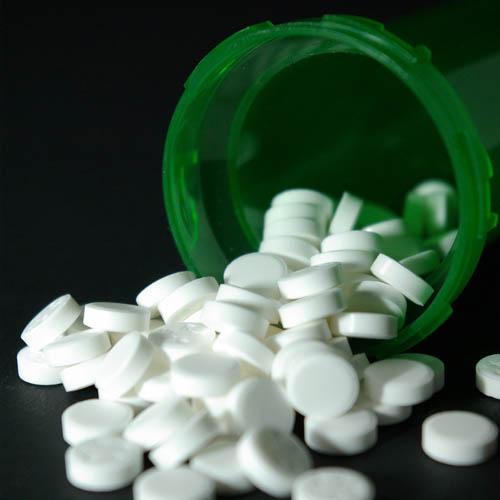Traditional Chinese medicine, with its gentle nature and minimal side effects, has become the preferred choice for many when facing illnesses. However, the effectiveness of Chinese medicine largely depends on the proper decoction process. Improper methods of decoction may not only weaken the efficacy of the medicine but also lead to adverse consequences. Here are some key points to note when decocting Chinese herbs:
Firstly, when choosing decoction utensils, traditionally it is recommended to use a sand pot due to its stable material that is less likely to react with the medicinal ingredients, uniform heat transmission, ensuring the efficacy. Modern options include enamel pots, stainless steel pots, or glass decoction vessels; however, iron and copper pots should be avoided to prevent chemical reactions with the medicinal components and affecting the quality of the decoction.
Secondly, the amount of water added is another important consideration. Insufficient water may result in incomplete decoction of the herbs, affecting the extraction of active ingredients; excessive water can lead to too much decoction liquid, inconvenient for consumption. Generally, the amount of water should be adjusted based on the type of herbs, roughly controlled between 5 to 10 times the amount of herbs. In simple terms, herbs with loose textures (such as flowers, leaves, or whole grass) require more water, while solid mineral or shell herbs require less water.
During the decoction process, several details should not be overlooked: 1. Soaking the herbs before decoction is essential for herbs to absorb water fully and release active ingredients. 2. Multiple decoctions are often more effective in extracting medicinal components than a single long decoction. 3. Controlling the heat is crucial, initially boiling rapidly over high heat, then simmering over low heat to maintain a slight boil, conducive to the gradual extraction of active ingredients. 4. Decoction time and frequency depend on the nature of the herbs and treatment needs, typically 20 to 30 minutes for the first decoction and longer for the second one. 5. Special herbs such as minerals should be decocted first, followed by aromatic herbs, to ensure efficacy or reduce toxicity. 6. The dosage and administration of the decoction should follow medical advice, varying for different illnesses and individuals.
Furthermore, there are some easily overlooked details such as avoiding direct contact with herbs during decoction to prevent contamination; decoction vessels should avoid using metal materials like iron or copper; in terms of water quality, purified water or distilled water is more suitable to reduce impurities that may interfere with efficacy.
In conclusion, decocting Chinese herbs is a process that involves various details such as selection of utensils, quantity, temperature control, timing, etc., where each step directly influences the final efficacy. Correctly executing each step is essential to ensure that Chinese medicine can unleash its maximum therapeutic potential.


